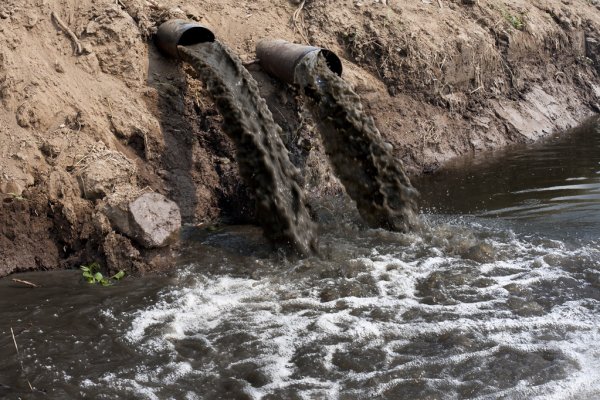By Simon Thomas
A recent move by the Africa Development Bank, the United Nations Environment Programme (UNEP) and the GRID-Arendal in releasing the inaugural Sanitation and Wastewater Atlas of Africa could not have come at a better time.
The Atlas is a tool to benchmark and propel Africa’s progress towards Sustainable Development Goal targets on safe sanitation and wastewater management.
It aims to help policymakers accelerate change and investment in the sector. The Atlas will assess the progress and highlight opportunities where investment in sanitation and wastewater management can improve health and spur economic growth.
It will incorporate maps, graphics and profiles of all African countries, including analyses of their water resources and provision of basic services. It also explores the links between sanitation and wastewater and ecosystem health and human health, and discusses frameworks and circular economy approaches that can lead to better infrastructure and systems.
As one of the players in the sector involved in building infrastructure for a safer sanitation and wastewater management, I am excited that the ADB, UNEP and GRID-Arendal finalised this policy after four years of collaboration.
Indeed as the AfDB’s Acting Vice President for Agriculture, Human and Social Development, Wambui Gichuri said, “Africa cannot have a healthy society without adequate access to safe water, sanitation and hygiene.”
We are living in time when basic handwashing facilities are vital for our survival.
The COVID-19 pandemic has changed how we live especially when it comes to hygiene matters.
It is sad that today, when human lives are threatened more than ever because of the Coronavirus, 34 out of 38 sub-Saharan African nations lacks access to basic handwashing facilities.
While ADB has used more than $6 billion in sanitation and hygiene improvements, more financing is needed from the private sector, development finance institutions, governments and other sources.
It is therefore vital that there is more investment on infrastructure and human skills capacities to operationalize actions towards the achievement of goals and targets in the 2030 Agenda for Sustainable Development, including those for sustainable sanitation and wastewater management.
There is an urgent need to upgrade Africa’s water and sanitation infrastructure. The responsibility is on African governments to incorporate sanitation and wastewater programs into their post-COVID-19 strategic planning.
Africa’s slow pace in meeting sanitation targets calls for practical and transformative solutions in the management of wastewater and the provision of sanitation services.
Such solutions will help to boost public health and secure the sustainability of Africa’s natural resources. They can also trigger wiser investments in integrated wastewater management and employment opportunities while ensuring the integrity of water resources and water-based ecosystems. The need for solutions is made more urgent by rapid population growth and urbanization rates, industrialization, and low resilience to climate change impacts.
Moving forward, prioritizing wastewater and sanitation infrastructure will therefore be critical. Sustainable Development Goal 6, which calls for making water and sanitation available to everyone, is within reach by 2030 if we commit the needed resources.
The Atlas is expected to promote the African Union’s Agenda 2063 as well as the Africa Water Vision for 2025, an initiative of the UN Economic Commission for Africa, the Bank and the AU.
It is imperative that the Sanitation and Wastewater Atlas of Africa policy is not just left to gather dust, but implemented and utilized to ensure that we achieve the Sustainable Development Goal target on safe sanitation and wastewater management.
The writer is an international consultant and board member of Megapipes Solutions Limited which provides sustainable stormwater, sanitation and drinking waters storage solutions throughout Kenya and East Africa.
Also Read
Transitioning to a Greener Economy
Sustainable sanitation management key in achieving Vision 2030

